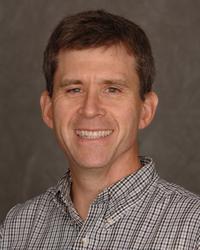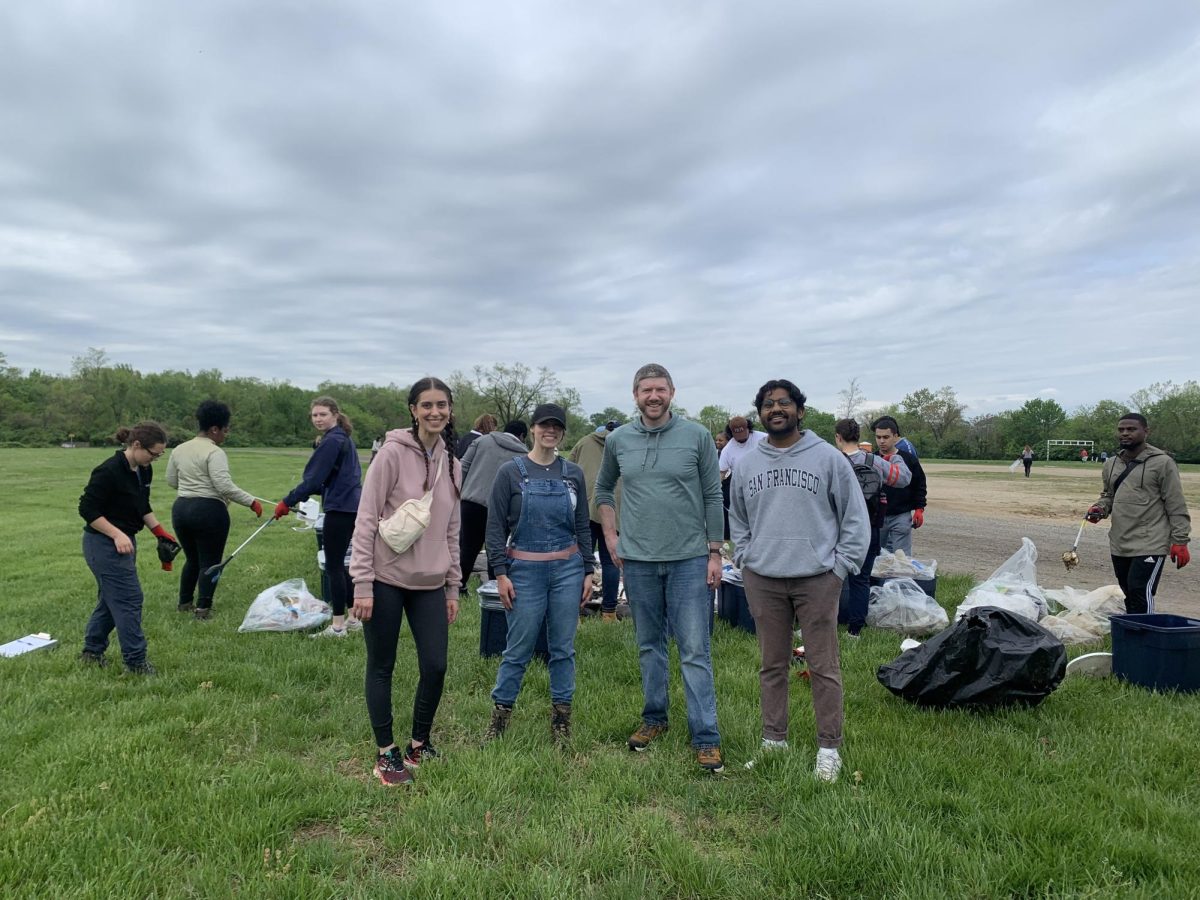A Georgetown University professor testified for the second time at a people’s tribunal investigating the Chinese government’s ongoing human rights abuses against Uyghurs.
James Millward, an expert on historical and contemporary Xinjiang, testified Nov. 27 at the London-based Uyghur Tribunal as a peer reviewer of a new report based on hundreds of top secret Chinese government documents. The report, authored by Adrian Zenz, directly links China’s crackdown on Uyghurs and other ethnic groups to speeches from high-level Chinese leadership.
Peer reviewing the report included examining and verifying the documents, considering Zenz’s argument and verifying his translations, according to Millward. These secret documents demonstrate intent from the upper echelons of the Chinese government — including President Xi Jinping — for policies later imposed in the Uyghur region, Millward said.
“In these speeches and other things that are in these documents, he identifies the problem as religion and extremist thinking, and he says that that needs to be the focus of any kind of solution,” Millward said in a phone interview with The Hoya. “And the camps have been created and the re-education system put in place to address things in people’s minds — or things that the Chinese state imagines are in everyone’s minds, if they’re religious.”
Zenz, a senior fellow at the Victims of Communism Memorial Foundation, also testified for the second time Nov. 27 on his new report. The Uyghur Tribunal asked him in September to review the documents after an anonymous source leaked them to the tribunal.
The Uyghur Tribunal is an independent people’s tribunal investigating China’s alleged genocide and other atrocities against Uyghurs and other Turkic and/or majority-Muslim ethnic groups. The tribunal will issue its determination Dec. 9 on whether China has perpetrated genocide and other atrocities against Uyghurs.
Established in September 2020, the tribunal held hearings in June, September and November 2021, at which witnesses — including victims, human rights activists, and academics — provided evidence of China’s abuses. Millward also testified at the September hearings as an expert on the region.

The Chinese government has persecuted these ethnic groups for decades, but repression has drastically increased since 2017 under the guise of combating religious extremism. China’s campaign includes severe restrictions on religious practice; repressive population control policies, including forced sterilization; arbitrary detention of over 1 million individuals, mainly Uyghurs; and widespread forced labor, among other crimes. The United States condemned the crisis as genocide and crimes against humanity in January.
The New York Times first reported on the cache of documents in question — known as the Xinjiang Papers — in 2019, but most of the documents were never made public.
After reviewing the documents, Zenz and Millward concluded they are far more significant than previously believed.
The documents, which include top-secret speeches from Xi, provide substantial evidence connecting the crackdown in the Uyghur region to central government demands, especially related to so-called “re-education” camps and population control, according to the report.
“Xi’s statements that religious extremism is like a ‘powerful psychedelic drug’ and that acts of terror will ‘multiply like cancer cells’ if extremist thought is not eradicated are quoted verbatim (and attributed to Xi) in a widely cited March 2017 government document that likens re-education to free medical treatment for ‘sick thinking,’” the report reads.
That chilling, medical rhetoric has been part of this campaign since the very beginning, Millward said.
“That echoes dehumanizing and scientific and other kinds of rhetoric from the Holocaust and other episodes of genocide in the past,” Millward said.
If the Uyghur Tribunal concludes that China has perpetrated genocide, it will hopefully prompt the international community to take greater action to combat Beijing’s abuses, according to Rushan Abbas, founder of Campaign for Uyghurs, a nongovernmental organization that advocates for Uyghur human rights.
“One of the biggest successes of the tribunal was its ability to gather a significant amount of evidence in the face of obfuscation and propaganda by the Chinese government,” Abbas wrote in an email to The Hoya. “Nations will be able to look to that body of evidence to make determinations about what can be done to end this atrocity.”
Abbas, whose sister is detained in the Uyghur region, testified in June at the Uyghur Tribunal.
The Uyghur Tribunal is especially significant because China is blocking substantial action at the United Nations level, according to Millward.
“These kinds of organizations and initiatives, such as the Uyghur Tribunal, by the very fact that they aren’t state led, are very powerful,” Millward said. “What we’re hearing here is the voice of people organizing outside of the network of states. And so that’s where the import lies.”




















